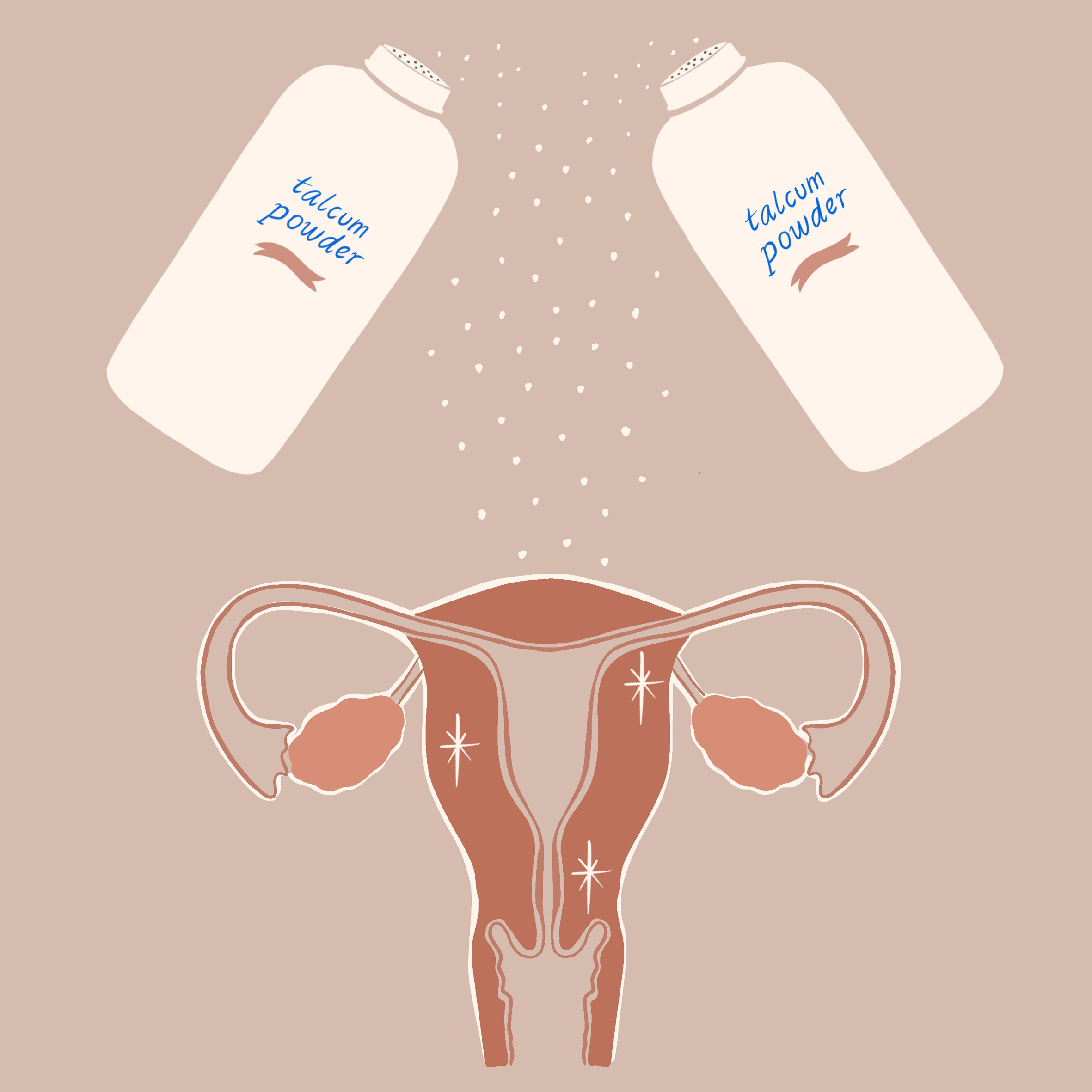Surgical Mesh
Devices Abroad
Slow Response to Mesh Injuries Worries NZ Health Minister
Problems with surgical mesh have arisen across the pond. New Zealand’s Minister of Health, David Clark, met with health agencies and advocacy group, Mesh Down Under, to implement a registry of surgical mesh patient complications following a cost-benefit analysis. Inexplicably, the registry would include surgeries with initial complications and omit hernia mesh repair surgeries.
One man from Christchurch, John Pritchard, has complained of severe pain after a mesh implantation. The pain could have been caused by intestinal blockage, organ perforation, or other complications that tend to result from mesh surgery.
Mesh Down Under spokeswoman Charlotte Korte approved of the cost-benefit analysis, saying, “ being treated with urgency and separate from the therapeutics goods legislation, which is a great step forward."
Opioids
Regulations
Buprenophrine Shot for Opioid Dependency Approved by FDA
Since the opioid crisis has become of grave national concern, a number of medications and devices have been approved by the U.S. Food and Drug Administration (FDA) to help alleviate the epidemic.
The latest is Buprenophrine, a monthly injection that, when used correctly, can “treat opiate addiction by preventing symptoms of withdrawal from heroin and other opiates.” It works by expelling existing opioids and blocking others from attaching to opioid receptors in the brain.
The FDA recently approved the NSS-2 Bridge device, which emits “electrical pulses to stimulate branches of certain cranial nerves” that may provide relief from opioid withdrawal symptoms.
Talcum and Ovarian Cancer
Legal Developments
$110M Verdict Against J&J is Upheld by Missouri Judge
A St. Louis judge has upheld a $110 million verdict against Johnson & Johnson after the company failed in its appeal for a reversal of the verdict.
Judge Rex M. Burlison maintained that J&J did not warn consumers of the potential ovarian cancer risk surrounding the talcum in its Baby Powder and Shower to Shower products. Plaintiff Lois Slemp, currently undergoing chemotherapy, had been using Baby Powder for over 40 years upon receiving her cancer diagnosis.
Though the science is still not definitive as to whether talcum does cause cancer, the Journal of Epidemiology and Community Health stated that “a very large number of studies have found that women who used talc experienced excess risks of ovarian cancer”.
A list of talcum powder alternatives can be found here.
Diabetes
Studies
Type 2 Diabetes Risk May Be Increased by Regular Mouthwash Use
Many of us might start checking the sugar content in mouthwash more carefully. The medical journal, Nitric Oxide, has just published a study that finds using mouthwash twice daily can increase the risk of developing type 2 diabetes (T2D) or pre-diabetes by 55%.
Forbes reported on the study, confirming that our oral cavities produce nitric oxide, which helps prevent diabetes. Mouthwash also kills the good bacteria in our mouths that can lower the risk of developing T2D.
Researchers of the study observed over 1,200 participants aged 40 to 65 who were considered overweight. The participants did not have diabetes nor any history of coronary artery disease.
Menopause
Women’s Health
When Menopause Disturbs Sleep
The results of a 2015 survey conducted by the Centers for Disease Control and Prevention (CDC) have just found that “56 percent of perimenopausal women – and 40.5 percent of postmenopausal women report getting less than seven hours of sleep, on average, in a 24-hour period.”
Reaching menopause brings with it a number of physical changes, the primary one being hormones. Substantial hormonal changes may spark an increase in anxiety, sleep apnea, or restless leg syndrome.
Keeping good sleep hygiene, such as keeping a routine bedtime or not consuming caffeine before bed, are highly recommended by physicians. Maintaining a cool bedroom temperature and writing in a journal also help.
Is there a medical topic or trend you’d like us to talk about? Let us know at info@medtruth.com.

